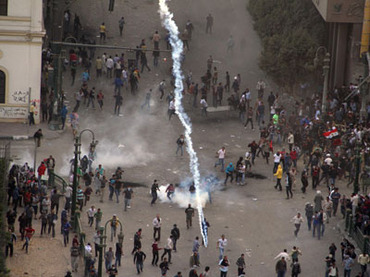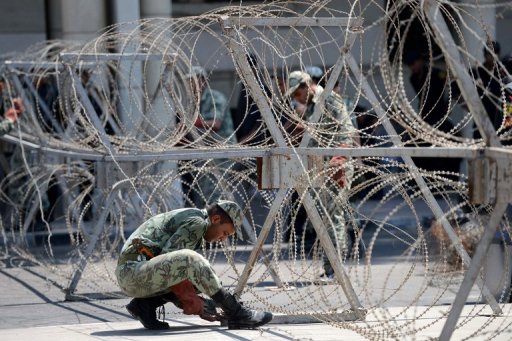Accelerating the Israeli settlement construction in the Palestinian territories would impede the vision of the two-state solution on the 1967 border, Palestinian analysts warned.
The analysts told Xinhua in separate interviews that building and expanding Israeli settlements at strategic spots in the West Bank and East Jerusalem “would undermine the principle of establishing a geographically contiguous Palestinian state on the territories occupied by Israel in 1967.”
STRATEGIC SPOTS
The Israeli Haaretz newspaper reported on Wednesday that the municipality of Jerusalem will submit to its construction council the approval of tendering for the construction of 10,000 settlement units in the Atarot airport area, north of Jerusalem, during the session scheduled for December.
Khalil Tafakji, director of the Jerusalem-based Arab Studies Society, said the distribution of settlements on top of mountains and surrounding Palestinian villages proves that Israel does not want to establish a geographically contiguous Palestinian state.
“What is happening now makes the situation looks like Israel wants the Palestinian state to be established in another place and not in the West Bank,” Tafakji said.
He clarified that 60 percent of the West Bank area is now under complete Israeli control, whether it is natural reserves, closed military areas, or Area C under Israel’s security and administrative control.
On Saturday, Palestinian President Mahmoud Abbas said that if Israel doesn’t accept the principle of the two-state solution, the Palestinians will go for other options, including the implementation of the UN Security Council resolution passed in 1947, or to go for the one democratic state.
Israel occupied the West Bank and East Jerusalem, which are claimed by the Palestinians, in the 1967 Middle East war and has controlled them ever since. Official Palestinian figures said that more than 600,000 Jews live in about 140 settlements in the West Bank and East Jerusalem.
Amal Jadou, undersecretary of the Palestinian Ministry of Foreign Affairs, called on the international community “to stop the settlement construction and launch a serious political process in which the land and sea borders with Israel are demarcated.”
TWO-STATE SOLUTION UNDER THREAT
Ahmad Majdalani, member of the executive committee of the Palestine Liberation Organization (PLO), said the U.S. does not yet have a vision for a political solution.
“The Palestinian people are looking forward to ending the Israeli occupation, and not reaching transitional agreements or staying under the occupation,” he told Xinhua.
He pointed out that Israeli settlement “is the biggest obstacle to the peace process and to the two-state solution, because settlement daily devours large parts of the Palestinian lands on which the state is established, and therefore there will be no possibility to talk about a viable and contiguous state.”
Abdul Majeed Swailem, a political analyst from Ramallah, said that implementing the two-state solution “is facing great difficulty in terms of escalating Israeli settlement plans to build a new settlement near the airport between Jerusalem and the West Bank city Ramallah.
“The construction of a new settlement threatens to close the entire perimeter of the city of Jerusalem, which means that it is impossible to talk about the establishment of a Palestinian state on the 1967 border,” he said, adding that the Palestinian people “will not accept the Israeli solution.”
GROWING DESPAIR
Rajab Abu Sereyah, another political analyst from Ramallah, said that Israel’s final closure of the door to the two-state solution “means that the situation will turn from the category of occupation to that of a single racist state.”
He said that Israel, which rejects the establishment of an independent Palestinian state, wants to keep about five million Palestinians living in the West Bank and Gaza Strip below the standard of ordinary human life, “as they are not equal in rights in its state, nor are they free citizens in their state.”
Abu Sereyah added that the Palestinian people “are fed up with the Israeli practices, calling for not pushing the Palestinians to despair and giving hope to impose a just peace on Israel.”




